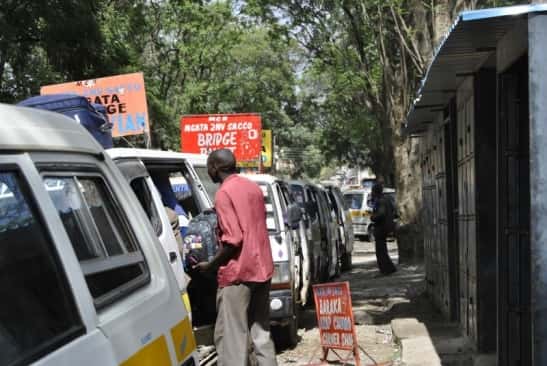×
The Standard e-Paper
Join Thousands Daily

Matatus at a Terminus in Nakuru. [File, Standard]
Nakuru Governor Lee Kinyanjui's decision in March to kick out matatu operators from the town could return to haunt him in 2022 when he will be seeking re-election, political analysts say.